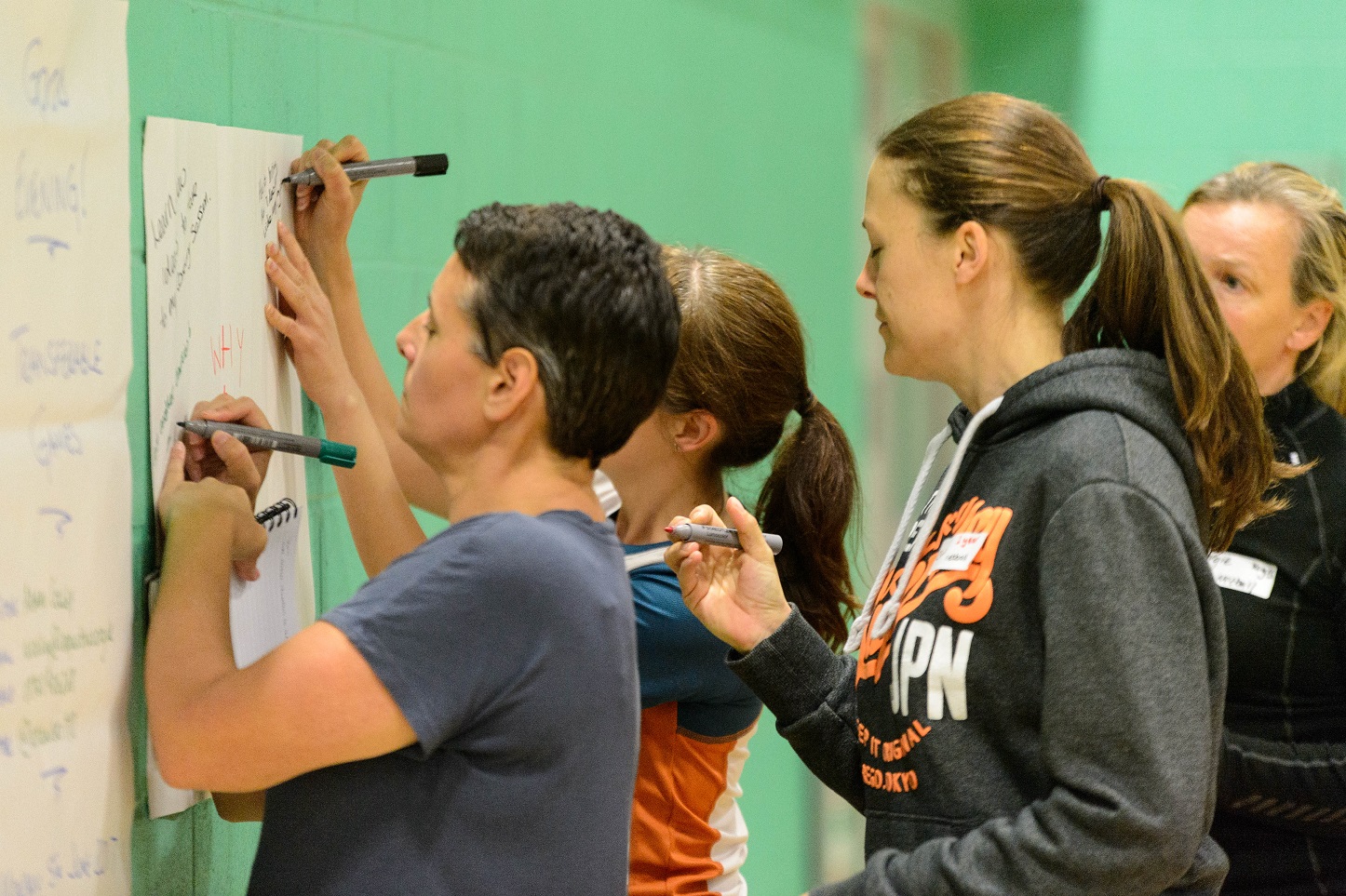It was recently announced that Upshot, a leading impact measurement tool for the community sports sector, has become a Community Interest Company (CIC) and is now working independently from the Football Foundation, which launched it in 2012. To mark its transition, Chief Executive Preeti Shetty blogs for ConnectSport.
Measuring the impact of Third Sector activities and initiatives has never been more important. The expectations for not-for-profit organisations to collect and analyse data to demonstrate the effectiveness of their programmes has increased as new technology has emerged.
The Covid-19 pandemic has also highlighted the need to demonstrate to Government and wider society the critical role that the Third Sector, and sports charities in particular, can have in tackling social and economic inequalities. Getting people active again is going to be hugely important as we recover from the health crisis and we need to know that our initiatives are working.
But if you’re new to impact measurement it can be hard to know where to start. At Upshot, we’ve been helping sports organisations measure their impact for nearly a decade and we have identified some key things you need to do to prove the effectiveness of your initiatives.
To effectively record and collect relevant data, you must make it easy to collect it from your participants. The best way to get participants on board is to show them that sharing their information with you also benefits them directly. A great way to do this is to use the data in your sessions in a way which allows participants to see their progress.
The voices of participants are also vital – the feedback they give is often an overlooked resource. You need to let your beneficiaries tell their own story and be open to changing your approach based on their input.
OUTCOMES
Don’t collect data for data’s sake. Start with the end in mind. Consider what you are trying to achieve and look for ways to collect data that directly connects to these outcomes. And remember, it’s not all about numbers; qualitative input from participants can give greater depth to your data.
Having both quantitative and qualitative data gives a holistic view of the impact your activities make. Quantitative data goes a long way to showing the breadth and reach of an organisation, providing information about the numbers of people you reached with your programme and progress towards their goals, while qualitative data allows you to show how you are changing people’s lives based on an individual’s own real life experiences.
Being able to store all of this data in one place, something which Upshot enables, is a huge advantage. Not only does it allow you to easily report to funders and stakeholders, it also means you can ‘monitor, evaluate and learn’ (MEL) in real time, helping you to see what is working and what isn’t.
Having the ability to do this is even more important in times of uncertainty as you are able to react quickly to make important changes.

There are three principles of good MEL practice:
Spread the word: Impact is the effect of what we do; take responsibility for it and support others in the organisation to take ownership by sharing methods, results and learning.
Widen the focus: What other areas of your organisation and their actions may affect the impact you make? Ensure you are working towards the same goals.
Don’t fear the F-Word: Be as open about ‘failure’ as about any success; it’s all about learning and being prepared to change and act on your findings.
Impact measurement will become an increasingly important area for all non-profit organisations over the next few years. Easy-to-use technology like Upshot enables organisations to see collecting and analysing data as an integral, day-to-day action, made accessible to all members of the team. Having this data will empower non-profit organisations to better prove their value and attract the donations, grants and funding which is the lifeblood of the Third Sector. In an increasingly competitive environment, it’s not enough to just be good at what you do – you need to be able to prove it.













